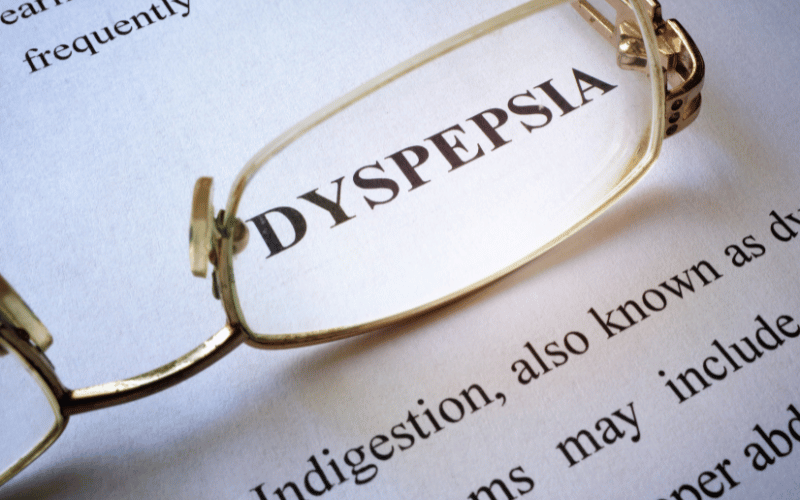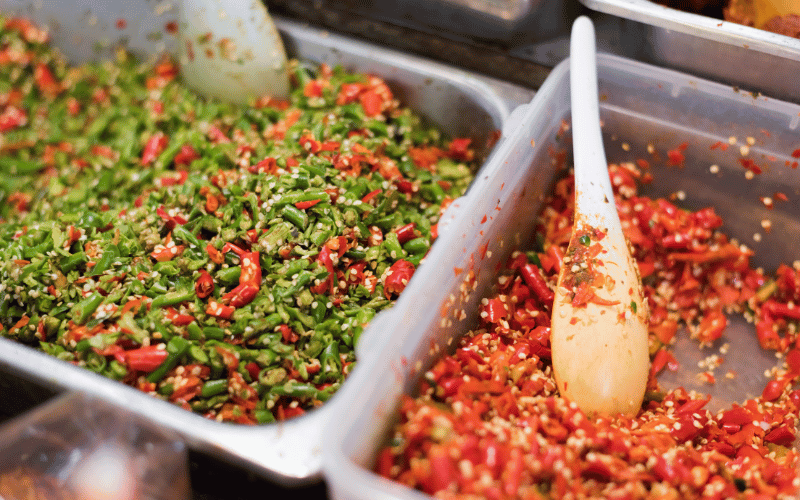Introduction: Unraveling the Enigma of Indigestion

Indigestion, popularly dubbed dyspepsia, stands as a ubiquitous yet perplexing ailment that plagues many. This silent disruptor, often presenting as a nagging sensation of fullness or a bothersome pain, can transform everyday activities into challenges. Its ability to cloak itself in varied symptoms leaves many puzzled about its origin, seeking clarity amidst the discomfort.
While it might feel as though your stomach is orchestrating its own rebellion, dyspepsia is, more often than not, a consequence of several identifiable factors. From the tangy allure of certain foods to the invisible weight of daily stresses, many elements come into play, stirring the pot of digestive unrest. And while it’s tempting to dismiss indigestion as a mere inconvenience, its underlying causes can speak volumes about our overall well-being.
Delineating these underlying triggers is not a mere academic venture. It offers a roadmap to those hoping to navigate the maze of indigestion, pointing to potential relief avenues. Knowledge, in this realm, becomes the linchpin; the more we know, the better equipped we are to preempt or counteract the stirrings of dyspepsia.
Thus, as we delve deeper, we aim to shed light on these prevalent culprits, providing insight and guidance. With a clearer picture of what fuels our digestive grievances, we stand a better chance of reclaiming comfort and serenity. Join us, then, in this exploration of the top ten causes behind that all-too-familiar belly unrest.
1. Spicy Foods: A Culinary Delight with a Digestive Price

We all love that fiery kick of a spicy meal. The thrill of chili peppers and the warmth of fiery curries often make for a memorable gastronomic adventure. But there’s a catch. The very compounds that make these foods spicy, notably capsaicin, can irritate the stomach lining.
Overindulging in spicy foods might lead to more than just a flaming tongue. The gut responds to the spice onslaught by producing more acid. This extra acid production can lead to feelings of discomfort and unease, commonly recognized as indigestion.
It’s not just the spice level that counts. Often, spicy foods are coupled with fats, which slow down digestion. This duo creates the perfect storm, leading to prolonged stomach acidity and discomfort. The mix can keep food in the stomach for longer, exacerbating feelings of fullness.
For those sensitive to spices, it’s not about quitting cold turkey. It’s about moderation and knowing one’s limits. As the saying goes, “Too much of a good thing can be bad,” and in the realm of spicy foods, it’s a mantra worth heeding. (1)